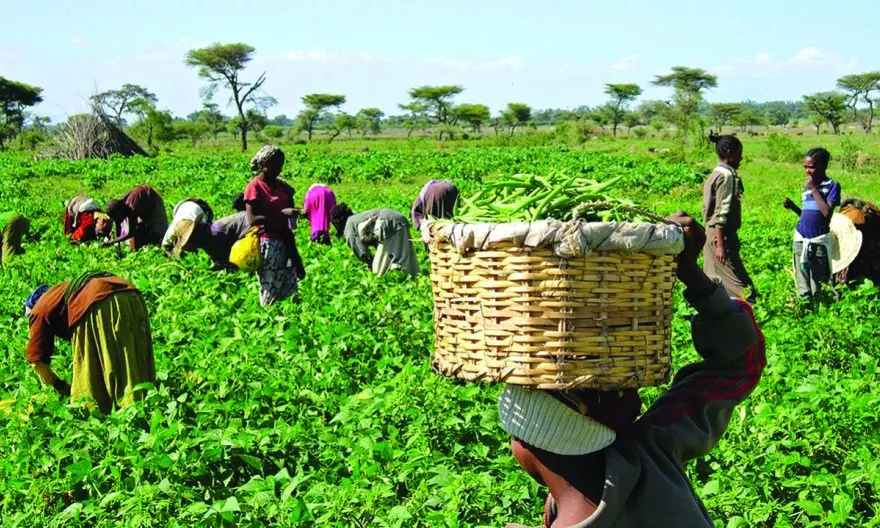At least 500 farmers, including women, young people, and agriculture experts, have met in Kaduna to discuss the difficulties posed by climate change as it affects farming in the nation’s North-West geopolitical zone.
Dr Manzo Maigari, director-general of the Nigerian Agribusiness Group, stated that the event’s goal was to promote farming, particularly during the dry season to prevent crop loss from flooding.
He noted that the purpose of bringing together young people, female farmers, and other stakeholders in the management of the agriculture industry was to educate and sensitize them about the issues posed by climate change as it impacts farmers in Africa.
Maigari, a former commissioner for agriculture and forestry in Kaduna State, spoke in an interview with newsmen on the sideline of the two-day workshop on “Climate Smart Agriculture Technologies and Practice In Food Safety Standards and Grades” in Kaduna.
Read also: ANPMP seeks final solution to the perennial occurrence of flood disasters in Nigeria
According to him, the Bill Gates Foundation funded the four-year project, which also had the Federal Ministry of Agriculture and the Kaduna State government as partners and Nigerian Business Groups as collateral.
The former commissioner noted that this year’s flooding cost him 500 hectares of his rice plantation, saying that this amounts to N2 billion in monetary terms.
However, he pointed out that to receive compensation in the event of such accidents, it has become crucial to work with and include insurance companies in the farming industry.
Speaking on the topic “Small Scale Climate Smart Crop Production,” a Professor of Geography from Taraba State University, Prof. Emeka Daniel Oruonye, said the need to grow more food crops and increase the income of the small-scale farmers has become necessary as mitigating poverty and achieving food security has become very important.
“Especially in this pandemic era, stakeholders in the agricultural space must join hands in maximising our numerous endowments to ensure that the desired economic growth is achieved,”he said. “The greatest challenge facing farmers today is how to meet the increasing food demand to meet population growth. Climate volatility, more frequent extreme weather events and temperature changes increasingly threaten the viability of food crop production,”.
Story was adapted from Leadership.
